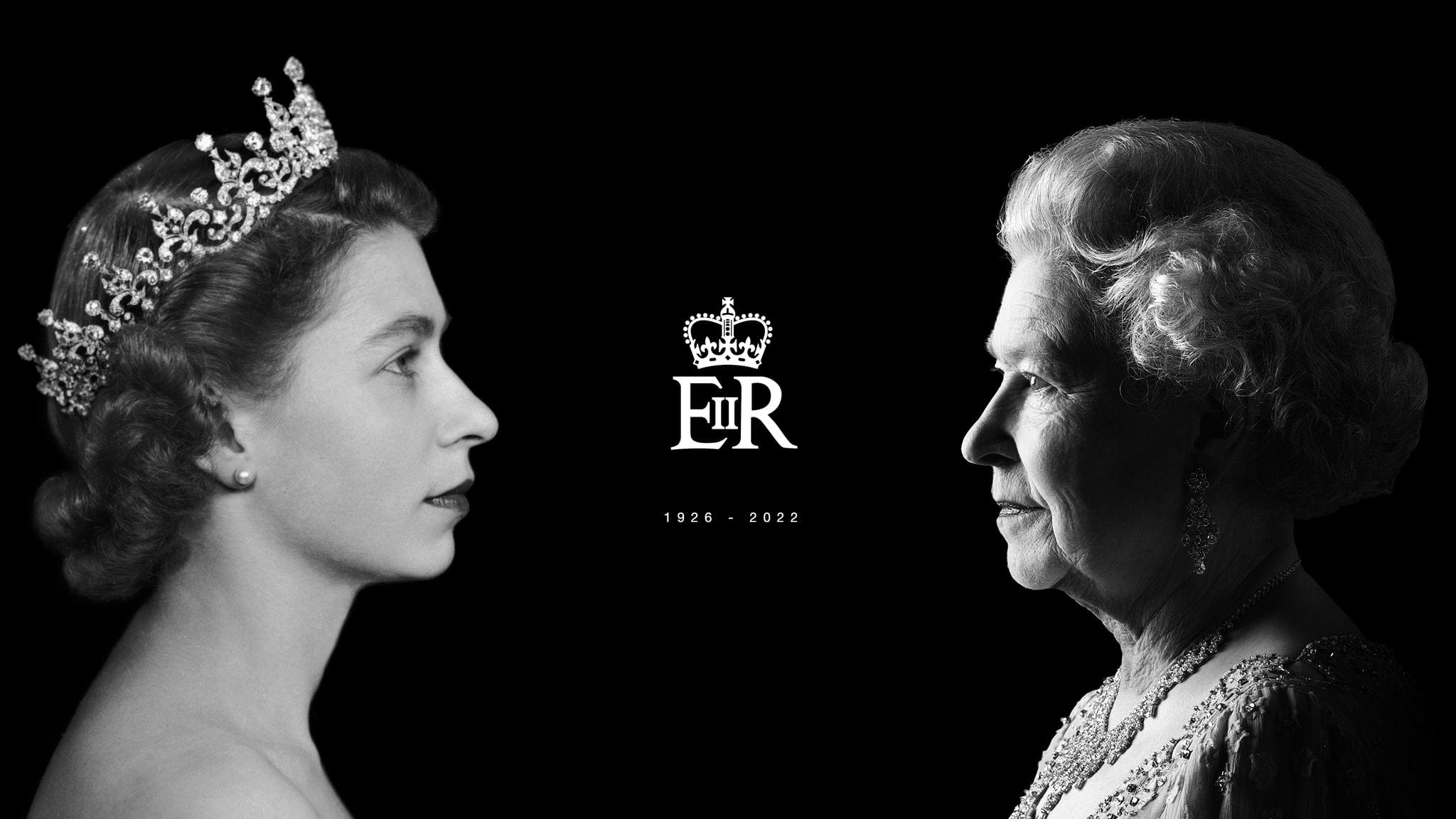A topical question and one which we have heard being asked in the last few days. The answer is no, but this raises the question as to what the Queen actually owns that is in her gift to bequeath via a will.
Her personal wealth is estimated at around £500 million and will predominantly be inherited by King Charles III of course. But there are various names used to describe the royal family coffers – the family business, the royal firm and Monarchy PLC – so let’s look at who owns it and how it is funded.
The royal firm owns an empire worth around £28bn and is a group of senior members of the House of Windsor made up by Charles & Camilla, Prince William & Kate, Prince Edward & Sophie and Princess Anne. It was headed up by the Queen until her death.
No member of the Royal family personally profits from the business and its sole purpose is to boost the economy – this is a really important point – which in turn can provide wealth to the Windsors through free media coverage and royal warrants. None of the assets can be sold and they include The Crown Estate of Scotland, Kensington Palace, The Duchy of Lancaster, The Duchy of Cornwall, Buckingham Palace and the most valuable component, The Crown Estate, being worth around £20bn on its own.
This comprises a collection of land and holdings that belong to the monarchy and not personally by the Queen. Rather, a semi-independent public board runs the Crown Estate and a profit of £312.7 million was made in the last financial year.
This generates revenue, a percentage of which funds the Sovereign Grant (formerly the Civil List until the change of name in 2012). This is a taxpayer fund that provides annual income to the Royal Family under an arrangement that has been in force since 1760, when King George III agreed to surrender his income from Parliament in exchange for a fixed annual payment for both him and future generations.
Initially, it was set at 15%, but was increased to 25% in 2017 in order to support the refurbishment of Buckingham Palace. It is due to reduce to 15% again by 2028. The grant pays all official expenses including payroll for staff, travel, housekeeping and maintenance, but not for the Queen and the extended families’ personal expenses. These are paid from a separate allowance called The Privy Purse, which is essentially a portfolio of assets held in trust dating back to the 14th century and which provides income from the Duchy of Lancaster. At the end of the 2022 financial year, the assets under its control totalled over £650 million and generated a surplus of £24 million, and it is this sum that is paid directly to the Queen, being used mainly to pay for expenses not covered by the Sovereign Grant and is subject to tax in the same way as any other income for UK citizens.
Over the last 70 years, the Queen has accumulated over £500 million in her personal assets, mainly comprising her real estate such as Sandringham House and Balmoral castle, as well as her jewellery and art collection. She also inherited around £70 million from the Queen Mother after her death in 2002 including art by Monet, valuable stamp and Fabergé egg collections and horses.
So, what about the inheritance tax then? Well, you may wonder why the Queen was the sole beneficiary of the Queen Mother’s estate when there were other children, and the same question may occur about the devolution of the Queen’s estate to only Charles. What about Andrew, Anne and Edward?
Well, this becomes a little clearer when you realise that inheritance from sovereign to sovereign is exempt from IHT, as agreed by John Major in 1993. This was done to avoid erosion of the royal family’s wealth over the long term. It was controversially applied after the Queen Mother’s death – after all, she hadn’t ever been a sovereign – to avoid Her Majesty having to sell assets such as Balmoral or Sandringham to pay the IHT that would have been due. It also means that if any of the Queen’s children other than Charles were to inherit, that exemption would not apply.
At first glance this may appear a little unfair. After all, don’t we all want to prevent our wealth being eroded over the long term? However, do you remember the important point made earlier about the sole purpose of the royal firm being to boost the economy? The monarch doesn’t aim to grow their personal estates in the same way that any other individual does during their lifetime, and if there was no IHT exemption, then the sovereign wealth would simply be depleted very quickly.
Article written by Mark Goodson TEP, BTMK Goodson solicitors, 24 Broadway, Leigh on Sea, Essex SS9 1AW.



















